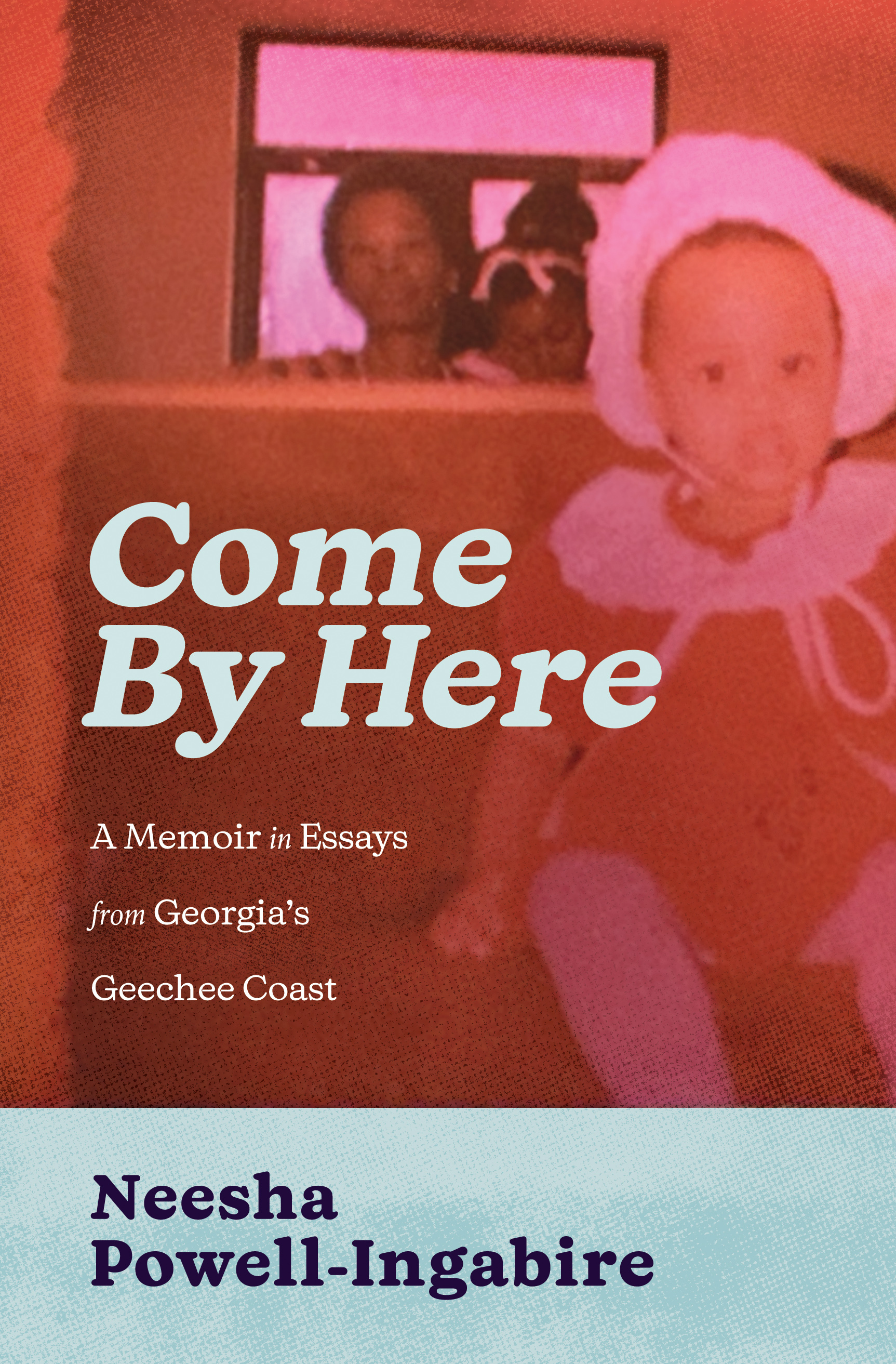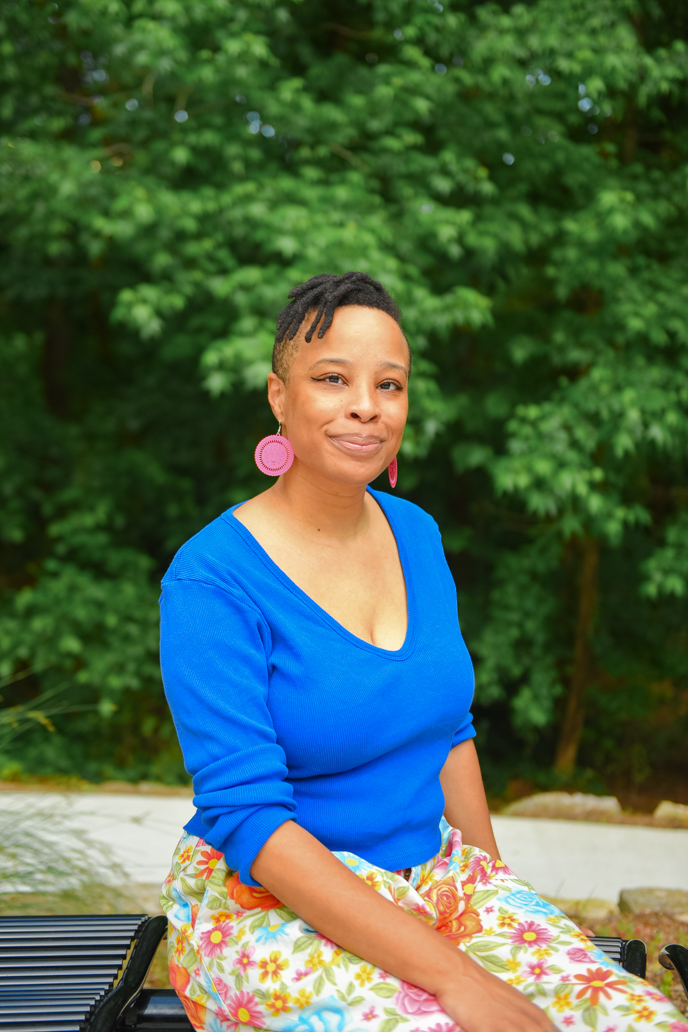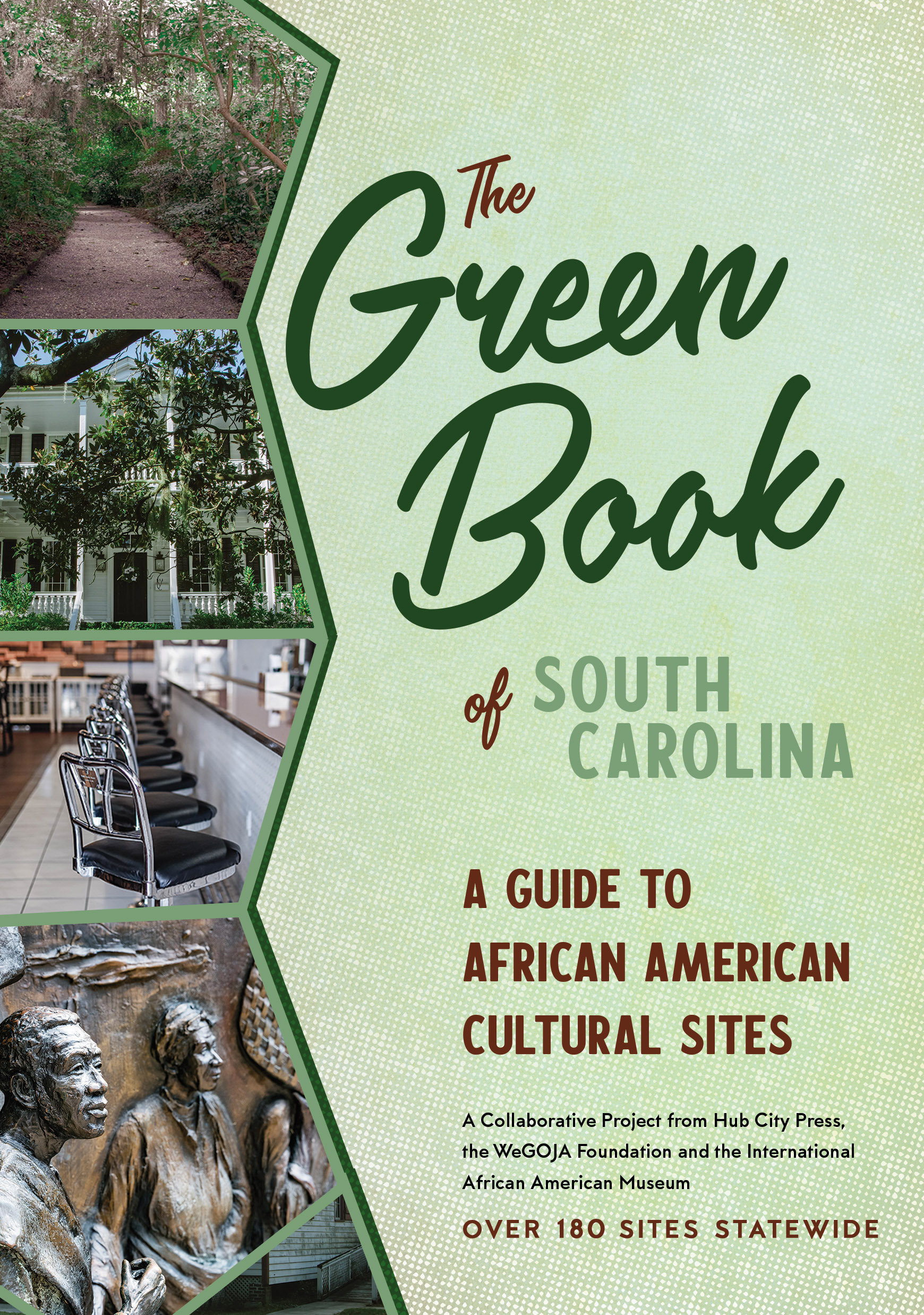Nonfiction
Come By Here: A Memoir in Essays from Georgia’s Geechee Coast
by: Neesha Powell-Ingabire
Release date: Sep 24th, 2024
In Come By Here, Powell-Ingabire reckons with their home’s collective history and their own history as a truth-telling exercise in line with Audre Lorde’s advice: “It is better to speak.”
Read More
In this powerful debut memoir, Neesha Powell-Ingabire chips away at coastal Georgia’s facade of beaches and golden marshes to recover undertold Black history alongside personal and family stories.
In May of 2020, Neesha Powell-Ingabire’s hometown became infamous after a viral video spread of white vigilantes killing a Black man named Ahmaud Arbery. The small coastal city of Brunswick, Georgia became synonymous with this tragedy, which, along with the police murders of Breonna Taylor and George Floyd, spurred an international movement that summer to end white supremacy.
Neesha Powell-Ingabire, a millennial journalist, essayist, and organizer, grew up in Brunswick feeling alienated as a Black queer and disabled girl in a fraught racial and political environment. Come By Here: A Memoir in Essays from Georgia’s Geechee Coast traces the genealogy of systemic racial violence while paying homage to the area’s long history of Black resistance and culture keeping. Powell-Ingabire probes her personal connection to past and present: the victorious campaign to remove Brunswick’s Confederate monument out of a public park, modern echoes of ancestral practices such as farming, fishing, and basket weaving, the fight for Geechee land in Sapelo Island, and the mass suicide of the Igbo people, who drowned themselves in Dunbar Creek rather than be enslaved.
In Come By Here, Neesha Powell-Ingabire reckons with their home’s collective history and their own history as a truth-telling exercise in line with Audre Lorde’s advice: “It is better to speak.”
Praise for Come By Here
“‘Come by Here’ is both reminder and invitation. By bringing readers home with them to the Geechee Coast, Neesha Powell-Ingabire’s essays show us that where we come from is powerful magic, strong enough that there are forces at work to keep us from our personal and collective histories. And that you have never ventured too far to lay claim to your roots. This book is Black. Queer. Southern. And unapologetic in its insistence that we serve as witness.” —Minda Honey, author of The Heartbreak Years
“In Come by Here, Neesha Powell-Ingabire explores both a family history she knows well, and a Gullah Geechee cultural history she is only just learning, asking some of the same questions that haunt so many of us who hail from small places: What do we carry with us? What do we leave behind? What do we owe to the people and places who shape us? Powell-Ingabire interrogates the impacts of systemic and environmental racism on her part of coastal Georgia in clear, incisive prose. What's more, she offers us a path to healing by modeling her own journey of learning and claiming her history, grounding herself in the land and the practices of her ancestors, and fighting to preserve their legacies.” —Neema Avashia, author of Another Appalachia: Coming Up Queer and Indian in a Mountain Place
“Part storytelling, part truth-seeking, Neesha Powell-Ingabire is a dynamic voice who offers a unique understanding of the contemporary Black South through Gullah culture. A mesmerizing read.” —Regina N. Bradley, author of Chronicling Stankonia: the Rise of the Hip Hop South
“As the author sheds light on the oppression and resistance woven into the foundational fabric of her homeland, including effective Black uprisings, land ownership, and advocacy, she offers striking, unsettling insights into how this heritage has impacted her own sense, criticism, and acceptance of self. Powell-Ingabire knows well the danger of a co-opted narrative and has traveled a path to demand control of her own.” —Kirkus Reviews
“The collection’s brief yet forceful essays deepen common perceptions of local tourist destinations like the Okenfenokee Swamp with research about their rich Geechee histories, drawing on interviews with families who’ve inhabited the region for generations. Threaded between these sections are pieces in which Powell-Ingabire reflects on contemporary matters including Covid, #MeToo, and the killing of Ahmaud Arbery. Inspiring, informative, and unique, these essays amount to a powerful and elegant probing of the relationship between person and place.” —Publishers Weekly
“Powell-Ingabire writes with unfiltered candor. When the author hews closer to home—such as when she explores the dwindling of Geechee-owned property on St. Simons Island or decries the pollution poisoning local fishing waters—Come By Here strikes a pleasing balance between history and revelation. [It] offers a window into a world that has long felt impenetrable to most of us. For providing that glimpse alone, Neesha Powell-Ingabire deserves our thanks.” —Shelby Smoak, Washington Independent Review of Books
“Culture bearing is radical resistance. And through her work and self-reflection in Come by Here, Neesha Powell-Ingabire inspires all readers to take control of their own narratives and those of the communities in which they are raised. The future of our stories rests in good hands. And Powell-Ingabire’s debut memoir proves this point.” —Tonya Abari, Chapter 16
“Neesha Powell-Ingabire has a lot to say about the world she lives in and how it can improve. Part memoir, part family history, part action plan, Come By Here is a rousing work that delivers a compelling treatise on how reclaiming African traditions can move the lives of Black Americans forward.” —Leah Tyler, Atlanta Journal-Constitution







